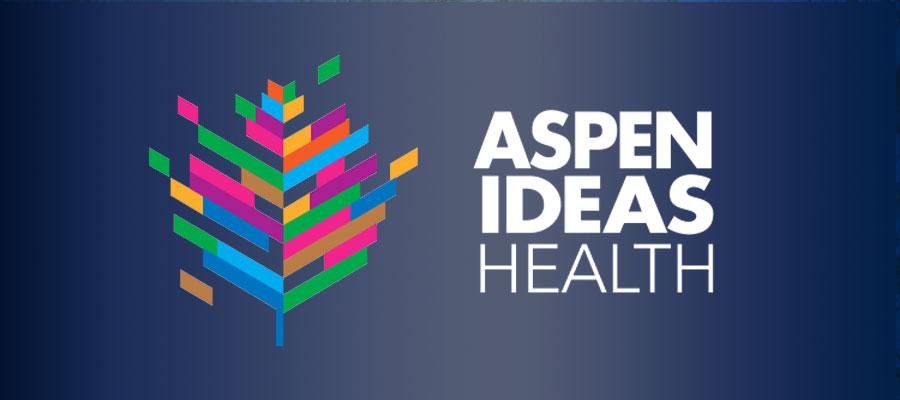Aspen Ideas Health: Addressing clinician resiliency and burnout

Tackling the complex issue of clinician burnout begins by being willing to have the conversation, AHA leaders shared this past weekend at the Aspen Ideas: Health festival.
Physicians have been traditionally trained in a construct where they don’t ask for help and just power through, explained AHA Chief Medical Officer Jay Bhatt, D.O., during a roundtable on the subject. But that is changing for the better.
Burnout can affect quality, and takes a toll on clinicians both physically and psychologically. The causes are complex and varied.
“It has never been more complex to practice medicine,” said AHA Chair-elect Melinda Estes, M.D., president and CEO at Saint Luke’s Health System in Kansas City. “Everything we do every single day is measured, monitored, regulated and fed back to us to an extent I don’t think we have ever seen before. Financial pressures, the uncertain environment we face in health care, increasing regulation that feels really quite burdensome and like it is getting in the way of the physician-patient relationship, rapid technological innovations … and patients are sicker. All of that combines to make a sense of control, a sense of workload, a sense of value, the rewards of doing this work, more difficult for many practitioners to find.”
Estes shared how her organization established the Home for Dinner program to help clinicians learn how to better deal with some of the challenges of adopting new technologies, like electronic health records. The program pairs physicians who are well versed with the organization’s EHR with those who are newer to the system. They serve as mentors and teach others how to be more efficient using the EHR so that they do not need to spend hours entering notes and information at home after work. They chose the name because “home should be where family is and where we build relationships.”
The AHA is helping clinicians to be well, lead well and care well.
“If you aren’t well, you can’t lead well or care well,” Bhatt said. “If we lead ourselves better, then we can lead the system better.”
The AHA has created a number of resources to help build resiliency, including sharing system approaches and addressing administrative burden. Bhatt shared AHA’s framework for wellbeing, part of its Well-being Playbook, and how the organization’s Physician Leadership Experience — which seeks to help leaders develop new skills, patterns and rituals that intentionally create equilibrium between dimensions of your life — is helping build resilient teams.
Participants shared their own experience and strategies for building resiliency. Common themes among the group included the notion that technology can be both a burden and an enabler. In workforce shortage areas, it plays a crucial role in helping, along with careful team redesign, to alleviate burden. More and more organizations are also dedicating resources to combatting burnout and reconfiguring their employee assistance plans to help.
Visit https://www.aha.org/physician-alliance-be-well for more.

